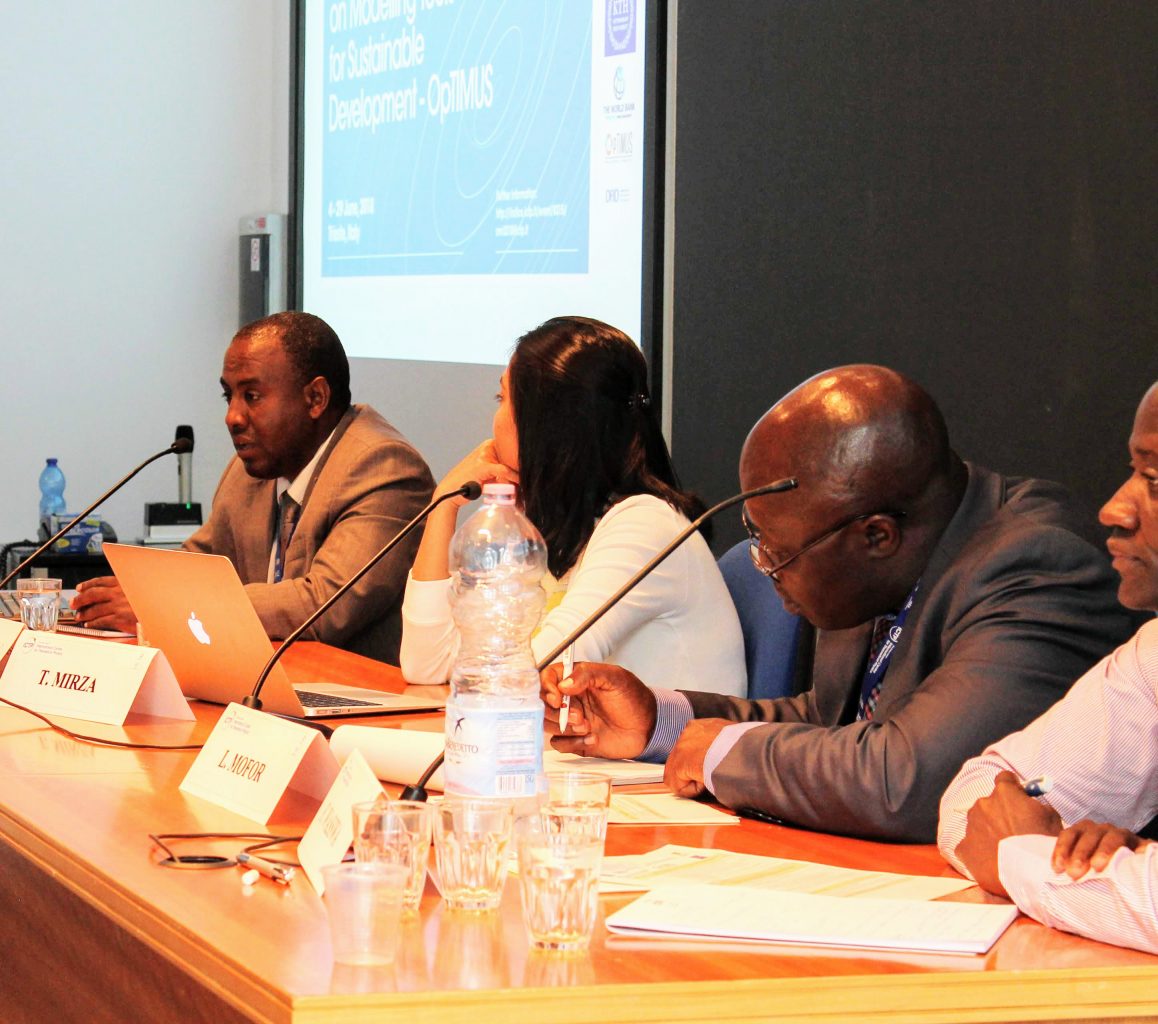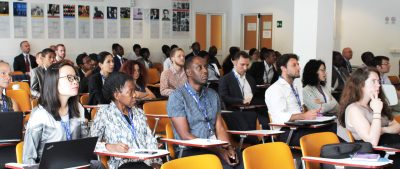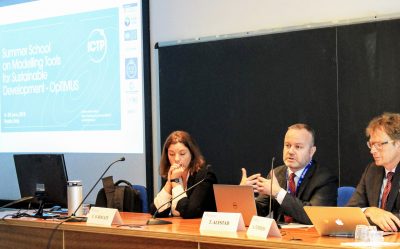
The High-Level Meeting on Modelling Tools for Sustainable Development Policies: An opportunity to strengthen partnerships for capacity development
The Economic Analysis and Policy Division of UN DESA collaborated with the United Nations Development Programme, UN Regional Commissions, international organizations, as well as universities and research institutions, to develop modelling methodologies and provide capacity development programs to support country-tailored quantitative analysis that can effectively inform the policymaking process for national development planning. Within the context of the 2030 Agenda for Sustainable Development, and its highly integrated vision of sustainable development challenges, the focus has been on development and dissemination of methodologies that are also integrated in nature. The objective is to support policy cohesion by providing tools that can explicitly address interlinkages, synergies and trade-offs within a multi-sectoral and multi-dimensional perspective.
UN DESA has responded to these requests in its full capacity. However, modelling-based capacity development projects are time consuming and data intensive. They require continuous engagement to review and process data, develop consistent models, design policy-relevant scenarios in an iterative process with government counterparts, and a refined analytical effort of the trained government officials to interpret results, and effectively communicate key messages to policymakers. Facilitating the right environment for government officials to develop this work is therefore fundamental, and having a partnership to scale-up the response to support Member States in this endeavor is of paramount importance.
 With this in mind, a Summer School and High-Level Meeting on Modelling Tools for Sustainable Development was organized at the International Centre for Theoretical Physics (ICTP) on June 2017. The objective was to engage government officials in an intensive three-week training course for the Climate, Land use, Energy, and Water systems (CLEWs) integrated assessment tool. It also aimed to enhance South-South cooperation and sharing of experiences, as well as to provide a venue to discuss the role that integrated modelling can play in the decision and policy formulation processes for implementation of the 2030 Agenda.
With this in mind, a Summer School and High-Level Meeting on Modelling Tools for Sustainable Development was organized at the International Centre for Theoretical Physics (ICTP) on June 2017. The objective was to engage government officials in an intensive three-week training course for the Climate, Land use, Energy, and Water systems (CLEWs) integrated assessment tool. It also aimed to enhance South-South cooperation and sharing of experiences, as well as to provide a venue to discuss the role that integrated modelling can play in the decision and policy formulation processes for implementation of the 2030 Agenda.
The second edition of this event took place in the premises of ICTP in Trieste, Italy during the month of June this year. At the culmination of the event, on 28-29, the Royal Institute of Technology in Sweden (KTH), The World Bank, ICTP, UN DESA and UNDP jointly organized a high-level meeting and stakeholder dialogue to broaden the institutional collaboration to support countries in the application of modelling tools to support sustainable development policy.
 The event was attended by 78 participants from Member States, international organizations and universities engaged in the development of models and capacity development programs, as well as modelling experts and development practitioners. Among the participants were also academics and government officials who attended the Summer School. The two-day event included the presentation of different capacity development initiatives for the use of models and the institutional challenges to strengthen the science-policy interface in the decision-making process. UN DESA shared their experience with capacity development projects, including success stories and lessons learned.
The event was attended by 78 participants from Member States, international organizations and universities engaged in the development of models and capacity development programs, as well as modelling experts and development practitioners. Among the participants were also academics and government officials who attended the Summer School. The two-day event included the presentation of different capacity development initiatives for the use of models and the institutional challenges to strengthen the science-policy interface in the decision-making process. UN DESA shared their experience with capacity development projects, including success stories and lessons learned.
In addition, EAPD and DPIDG co-organized a meeting to engage with director and managerial level government officials from countries that are starting capacity development activities for the use of the CLEWs modelling tool. The aim of the workshop was to provide participants with a better understanding of what to expect from upcoming national projects and how best to manage these projects. Experts from academic and research institutions, UNDP, and UN ECA also participated in the event.

Follow Us